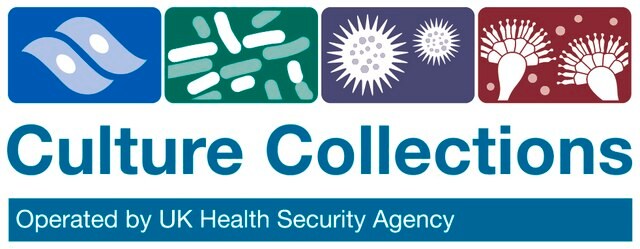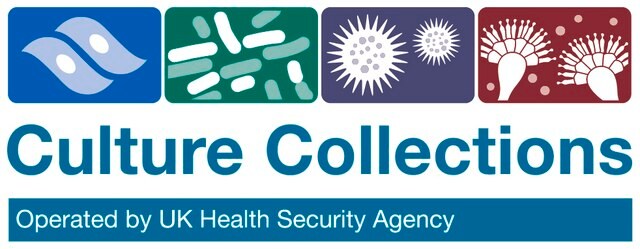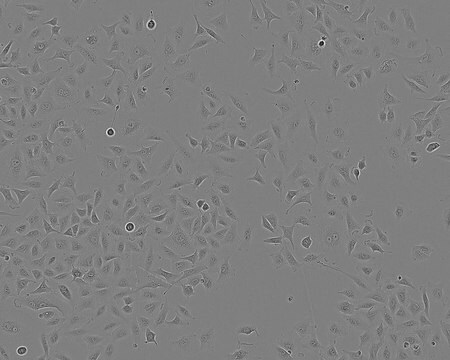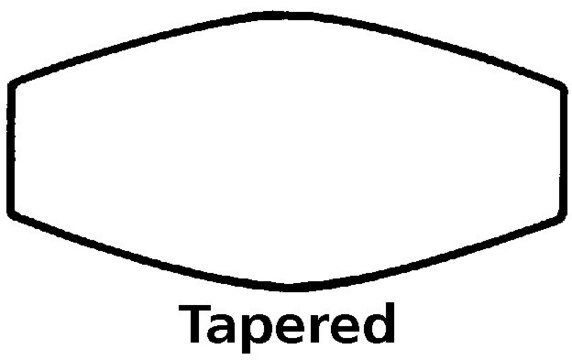11012007
SK-GT-4 cell line human
Synonim(y):
SKGT4 Cells
About This Item
Polecane produkty
pochodzenie biologiczne
human esophagus
Poziom jakości
Formularz
liquid
tryb wzrostu
Adherent
kariotyp
Modal number 59 chromosomal aberration at 11p13-15.
morfologia
Epithelial growing in islands
produkty
Expression of actin imtermediate filaments and growth factors TGF?1, TGF?2, TGF?3, TGF? and platelet-derived growth factor A (PDGFA). P53 mutation c.298C>T
receptory
Not specified
metody
cell culture | mammalian: suitable
powiązane choroby
cancer
Warunki transportu
dry ice
temp. przechowywania
−196°C
Pochodzenie linii komórkowej
Zastosowanie
pożywka hodowlana
Rutyna subkultury
Inne uwagi
Oświadczenie o zrzeczeniu się odpowiedzialności
Kod klasy składowania
10 - Combustible liquids
Klasa zagrożenia wodnego (WGK)
WGK 3
Temperatura zapłonu (°F)
Not applicable
Temperatura zapłonu (°C)
Not applicable
Wybierz jedną z najnowszych wersji:
Certyfikaty analizy (CoA)
Przepraszamy, ale COA dla tego produktu nie jest aktualnie dostępny online.
Proszę o kontakt, jeśli potrzebna jest pomoc Obsługa Klienta
Masz już ten produkt?
Dokumenty związane z niedawno zakupionymi produktami zostały zamieszczone w Bibliotece dokumentów.
Nasz zespół naukowców ma doświadczenie we wszystkich obszarach badań, w tym w naukach przyrodniczych, materiałoznawstwie, syntezie chemicznej, chromatografii, analityce i wielu innych dziedzinach.
Skontaktuj się z zespołem ds. pomocy technicznej







